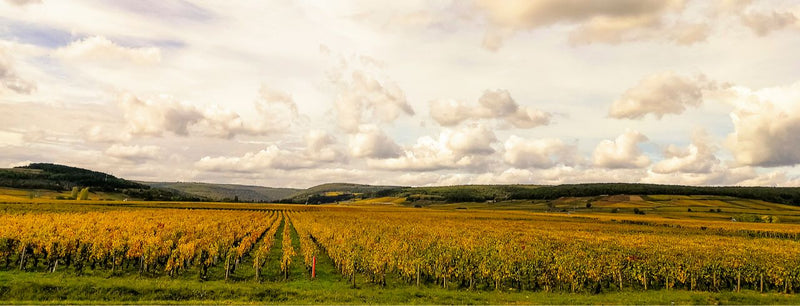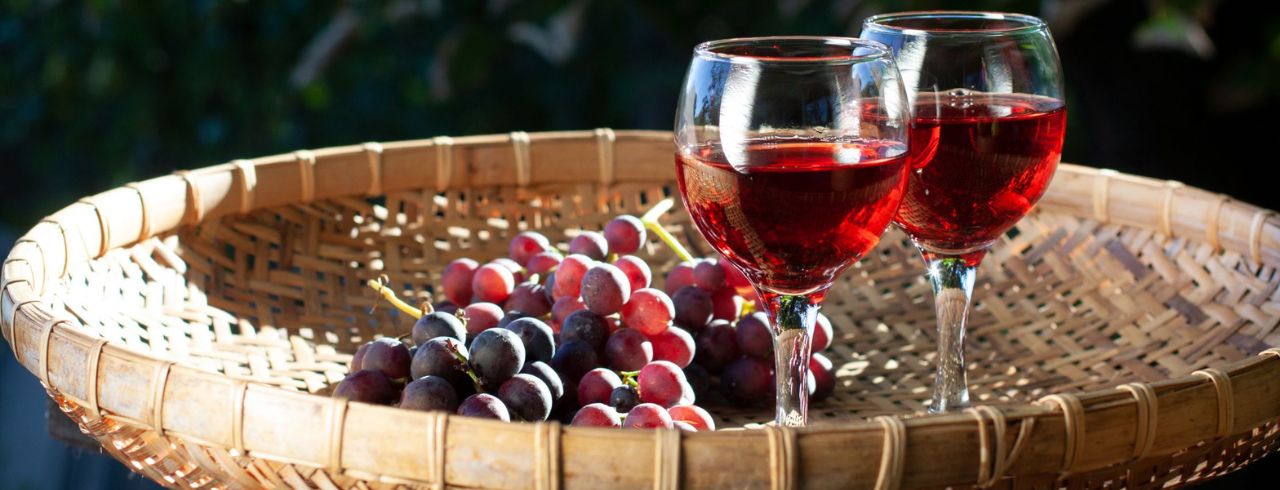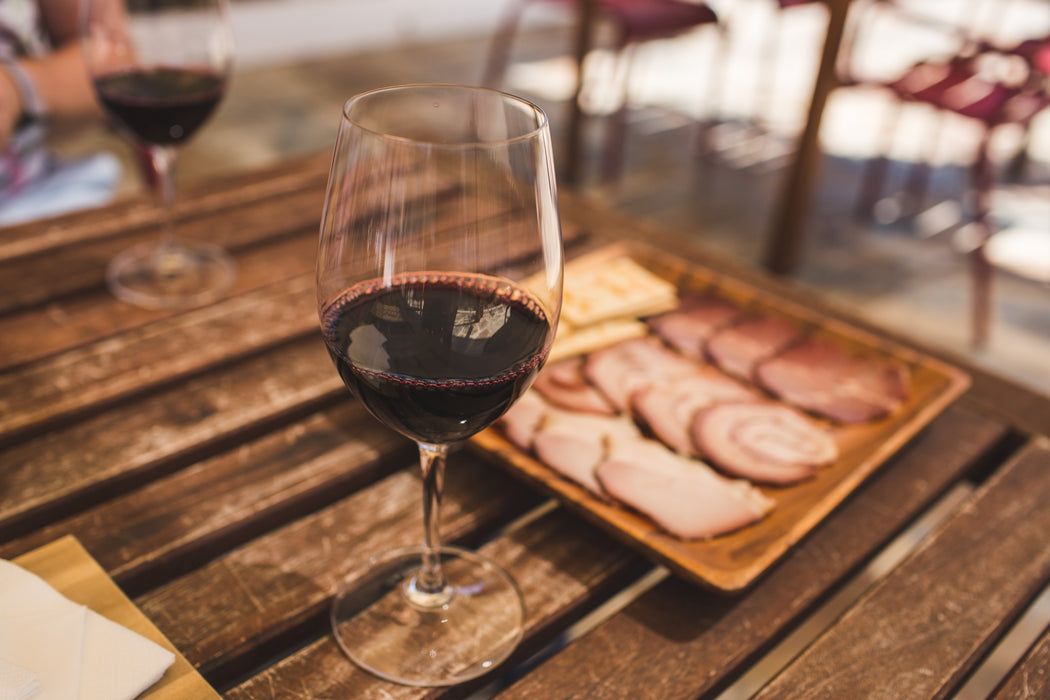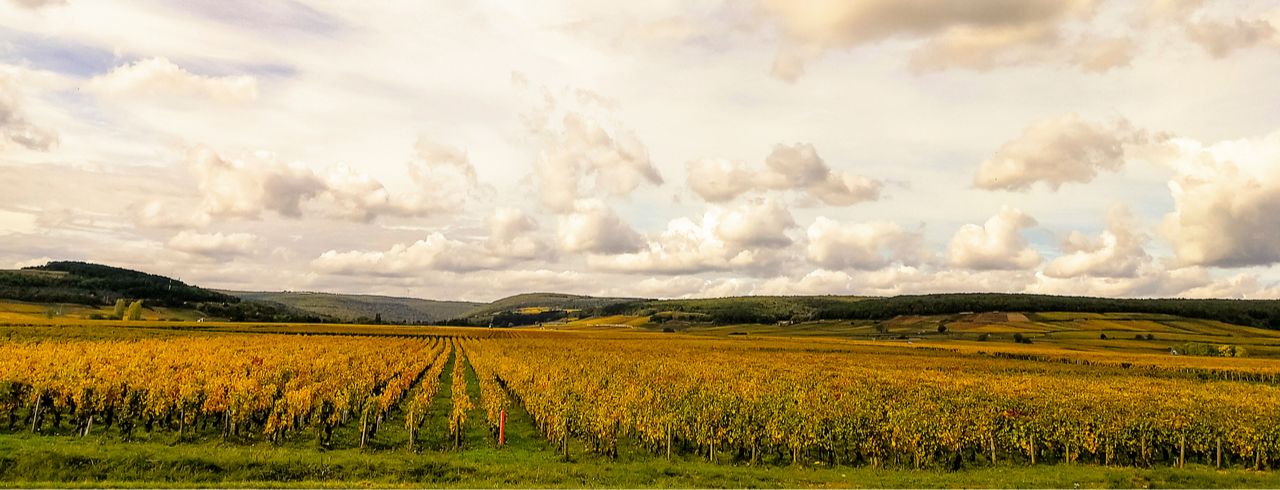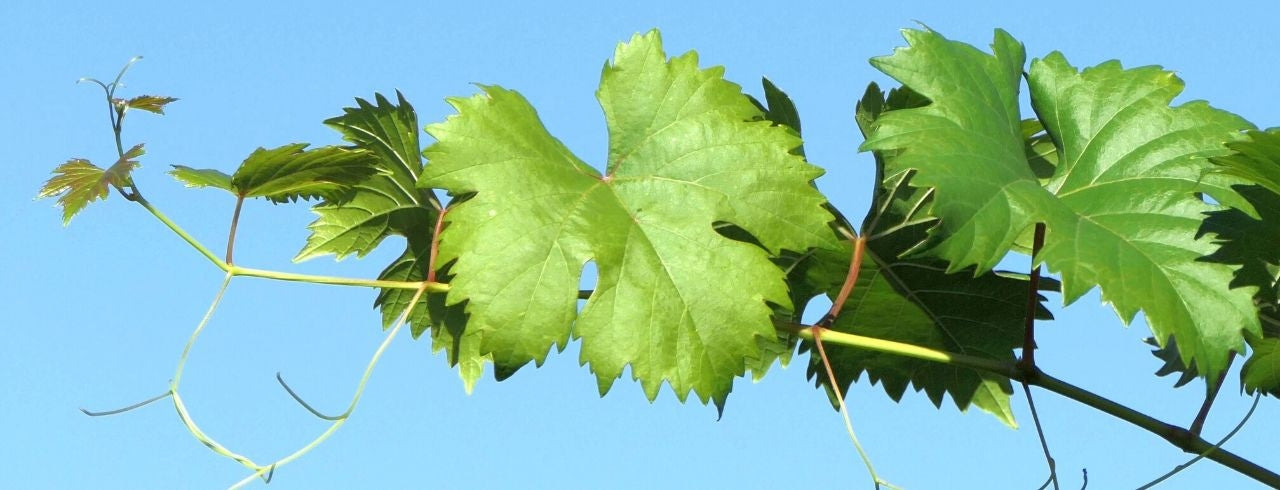
Vegan Wine Guide: Everything You Need to Know
What is Vegan Wine?
Vegan wines are made without animal products, so winemakers do not use traditional fining products such as gelatin, albumin, casein, and isinglass to remove floating particles from the wine. Instead, they allow the particles to sink naturally to the bottom or use a non-animal fining product like bentonite to remove them.
The Growing Popularity of Vegan Wine
If you were confused when you came across vegan wine for the first time, don’t worry, you’re not alone. The vegan wine world is growing rapidly as veganism grows in popularity and adoption across the world.
In addition to vegan wine, natural wine, which is a wine grown organically or biodynamically, has become prominent in recent years as consumers are shifting away from production using pesticides or other additives.
This transition to organic and biodynamic farming has led to a refinement in the winemaking process, paving the way for new classifications and branding of vegan wine.
Isn’t Every Wine Vegan?
It seems intuitive that wine would be vegan, given it is made from grapes and fermented using either cultured or natural yeast. This process in itself is vegan, however, later in the vinification process, certain techniques can cause wines to lose their vegan status.
Why are most Wines not Vegan?
During fermentation, the yeasts convert the sugar in the grape juice to alcohol leaving behind tiny molecules such as proteins, phenolics, and tartrates. Wine producers seek to remove these tiny molecules as they can distort the clarity of the wine and leave the particles floating around for some time. Although these particles are not harmful, they tend to cause haziness in the clarity of the wine.
Producers remove these particles through a process known as fining, traditionally done using animal products, and ultimately makes the wines no longer vegan!
Understanding the Fining Process
Naturally, all wines will self-fine given enough time, but many wine producers prefer to speed this process up. In order to speed up the fining process, wine producers will use finding aids. The fining agents can attract the tiny molecules left in the wine.
By attracting the tiny molecules, the fining agents eventually accumulate enough smaller molecules that are easily removed from the wine. It’s a much easier process than leaving the smaller molecules alone.
Traditional Fining Agents
Most traditional fining agents are made using animal products and therefore are not vegan-friendly. Some of the most common fining agents are:
- gelatin (animal protein)
- albumin (egg whites)
- casein (animal milk protein)
- isinglass (fish bladder)
These specific fining agents are used for their ability to attract other particles and for their simplicity during the agent removal process. Although they are removed from the wine, it is no longer vegan as some of these fining agents may have been absorbed into it. The issue still remains that particles of these fining agents might have been absorbed into the wine.
When it comes to the soil, some wineries will use cow manure, cow horns, and other animal-derived products as fertilizers. Something we may not consider in vegan/nonvegan terms is the packaging.
Some bottles are sealed with beeswax, and agglomerated corks use milk-based glues. So beyond the fining agents, fertilization and bottling methods may also be important to those observing a plant-based lifestyle.
Vegan Fining Techniques: How are Vegan Wines Made?
Vegan wines use vegan fining techniques such as bentonite, pea proteins, or activated charcoal in order to maintain wine’s natural vegan status.
Bentonite
Bentonite is a type of clay which is very efficient in absorbing the smallest particles that cause the wine to appear cloudy rather than its bright, clear tone and is a favorite among winemakers.
Pea Proteins
Pea proteins are similarly popular as they act like gelatin, but don’t work quite as well.
Activated Charcoal
Activated charcoal is another favorite among both vegans and vegetarians because it is able to soak up any unwanted colors from the wine without distorting the flavor.
Natural Fining
The increase in vegan wine popularity has also led many winemakers to fall back on natural self-fining without the use of agents as this gives wine-drinkers an even more natural appeal.
How Can I tell if my Wine is Vegan-Friendly?
One of the most challenging things for vegan wine lovers is labeling, as many wine producers don’t indicate whether or not the wine is produced using vegan fining methods. Many consumers are now asking for an ingredient list to be mandatory on all wine labels, but it still remains an absent component for many winemakers.
So, how can you find out if your wine is vegan? Unfortunately, many wine stores are still confused by the idea of vegan wine, and websites rarely list the specific ingredients.
Luckily, there is a growing number of stores adapting to the trend and are offering a specially curated selection of vegan, organic, and biodynamic wine.
Additionally, some online wine sites have collections of their vegan wines, such as Wine Insider’s Vegan Wines Collection, to highlight which wines are vegan-friendly and take the stress out of the buying process.
If you’re still having difficulty determining the type of fining agents used on a specific wine, you can always try calling the producer directly.
Vegan Wine Recommendations
Here at Wine Insiders we offer a diverse selection of top-rated vegan wines, including a variety of red and white wines. A few are hand-selected by Martha Stewart, in addition to some award-winning customer favorites. Our personal favorite is Calvari Organic White Blend, it offers a unique pear flavor combined with a citrus accent that is simply delectable.
If you are looking for something to pair with your vegan wine, visit Essential Wines Guide and find your vegan wine varietal!
Now that you know your way around vegan wines, sit back and enjoy a glass!


